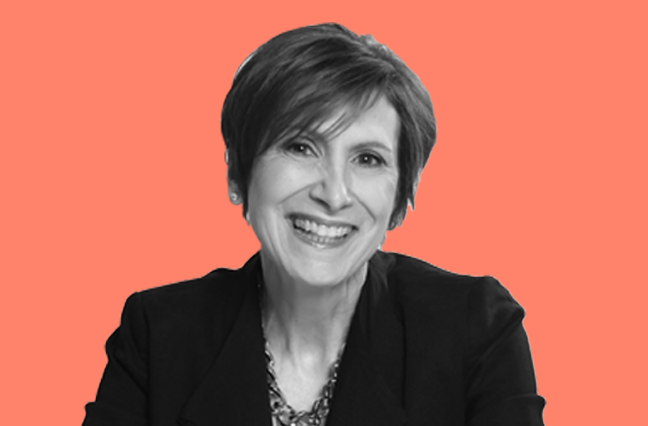
Four Patterns of Great Leadership

Ever wonder how you would stack up against your peers in terms of your leadership acuity? Do you have what it takes to play with the big boys?
“Of course I do,” you respond cavalierly. “If not me, who?”
Well, I’ve got great news for you. Now you can take a little challenge to see if you make the grade, and your answers are just between you and me. (And I won’t really be there. So you can be really honest with yourself!) Are you up for that?
Ron Carucci, of the consulting firm Navalent, just published the results of a 10-year study of the distinguishing characteristics of great executives in the Harvard Business Review. (He used IBM’s Watson supercomputer for content analysis.) Carucci and his team analyzed 2,700 leadership interviews to isolate the skills of the top-performing executives. They identified four recurring patterns that distinguished exceptional executives from really good executives. Top performers showed a consistent mastery across all four patterns. Good executives excelled in only two or three. It was an all-or-nothing score. They weren’t grading on a curve. There was no extra credit for neatness or effort.
The four patterns are as follows:
- Exceptional executives have a deep understanding of the whole business. They are able to create value and deliver results because they see how the parts of the organization fit together. They don’t see or think in pieces or silos. They see the gestalt of their organization and use this knowledge to create a “well synchronized machine.”
Your Challenge: You may know your whole business, but do you consistently think of your firm as the sum of its parts? Do you bring your entire team together to solve a problem, or does one unit present a solution that everyone else abides by? Do all units get a seat at the table?
- Exceptional executives are great decision makers. If we look at decision making on a continuum, we would place gut decisions on one end and exhaustive analysis on the other. Exceptional executives move fluidly along the continuum, avoiding impulsivity as well as paralysis by analysis. They know when to quickly proceed with the available information and when to gather additional data, taking more time with the process. Understanding how to balance emotion and reason is what differentiates great executives.
In a McKinsey survey of more than 2,000 executives, only 28% said the quality of strategic decision-making in their organizations was good.
Your Challenge: Do you make great decisions? Do you know strategic decision-making is a skill that can be taught? Do you provide your team with the tools they need to make sound decisions?
- Exceptional executives know their industry. “The leaders who scored highest on this skill were described as having innate curiosity and deep knowledge of their business context, which they apply to wider economic, technical and customer trends,” Carucci wrote in the Harvard Business Review.
This knowledge allows them to seize opportunities before their competitors and also to deal more quickly with threats. They look for fresh perspectives from outside their industry, avoiding industry myopia. Highly effective leaders understand the importance of continual improvement and are always looking for ways to assess their own as well as their team’s knowledge gaps and areas for development.
Your Challenge: Do you know what your strengths are? Do you know the strengths and areas for improvement for your team? Have you formally assessed this, or is it just a guess? Do you attend meetings or seminars that expose you to fresh thinking?
- Exceptional executives form deep, trusting relationships. They take the time to develop deep connections with their co-workers, including direct reports, peers and their boss. They go beyond a surface transaction to form mutually beneficial, trusting relationships. To gain the trust of others, they know they must be willing to trust. The two are symbiotic. Trust is the glue of the relationship; it binds leaders to their followers and provides the vehicle that allows for a leader’s success. The foundation of trust is your credibility, and it can be a true differentiator for a leader. According to Warren Bennis, “Leadership without mutual trust is a contradiction in terms.”
Your Challenge: What are you doing to establish trust with your team? Are you extending trust in order to develop trusting relationships?
So, are you happy with your answers to the challenge questions? Are you an excellent leader? If not, don’t despair! All four of these attributes are learnable. Pick a place to start and begin to build your expertise in that pattern. It may take some time, but it’ll be well worth the investment. After all, not even Watson was built in a day.
And don’t forget: The Council’s Leadership Academy can help. Give me a call at 202.344.5458. (Sorry for the shameless plug!)




